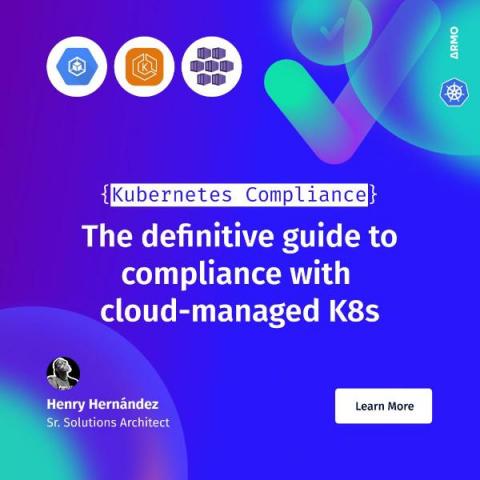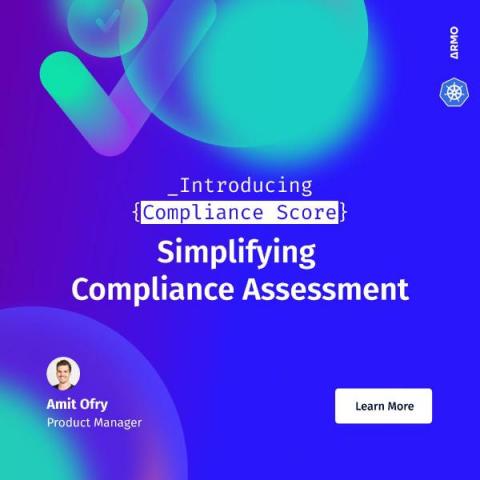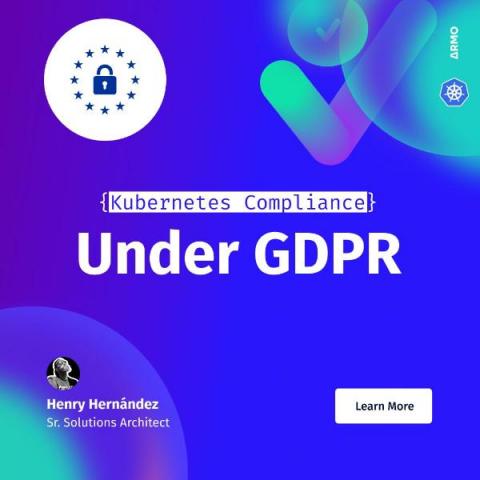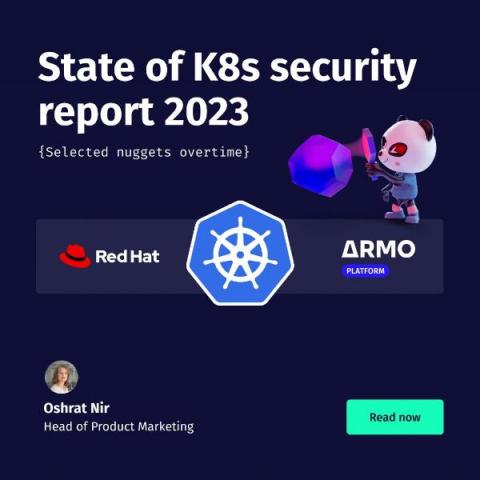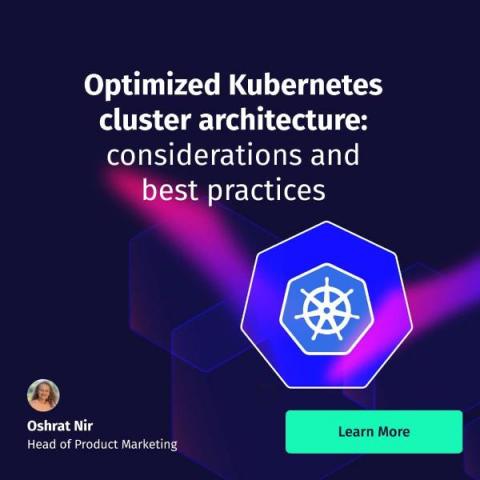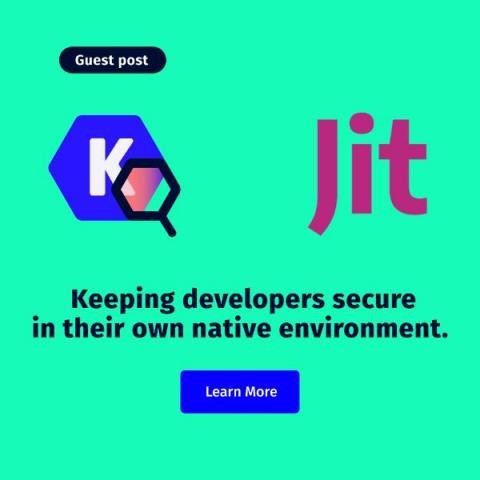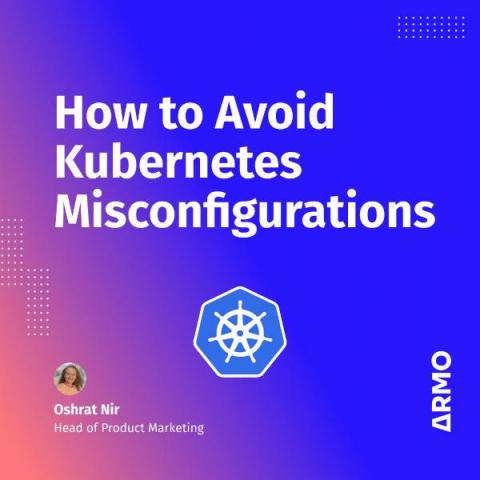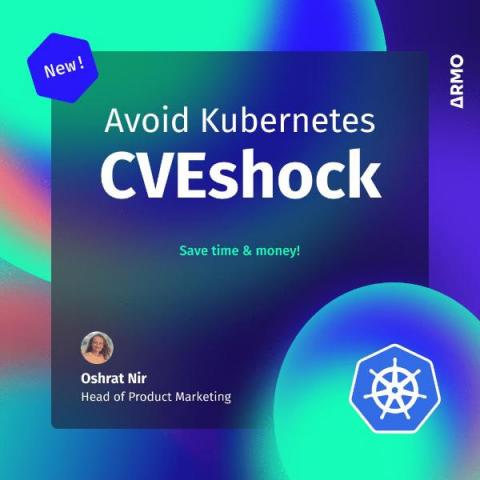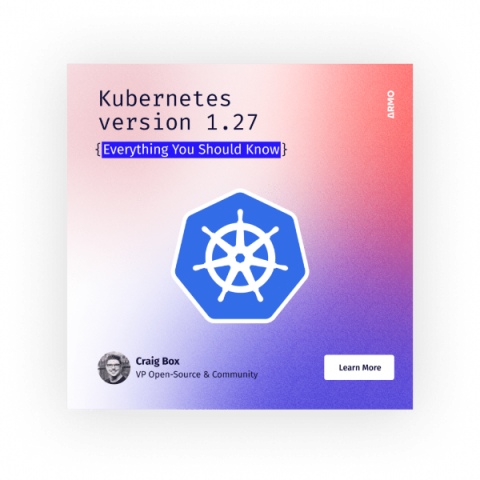The definitive guide to compliance with cloud-managed Kubernetes
Kubernetes has become a vital component in cloud-native infrastructure, enabling organizations to deploy and manage containerized applications at scale. However, compliance is crucial to modern infrastructure, especially for businesses that handle sensitive data. Organizations that adopt Kubernetes must thus also be sure to maintain the security of their infrastructure, as well as address compliance requirements to meet regulatory standards.


